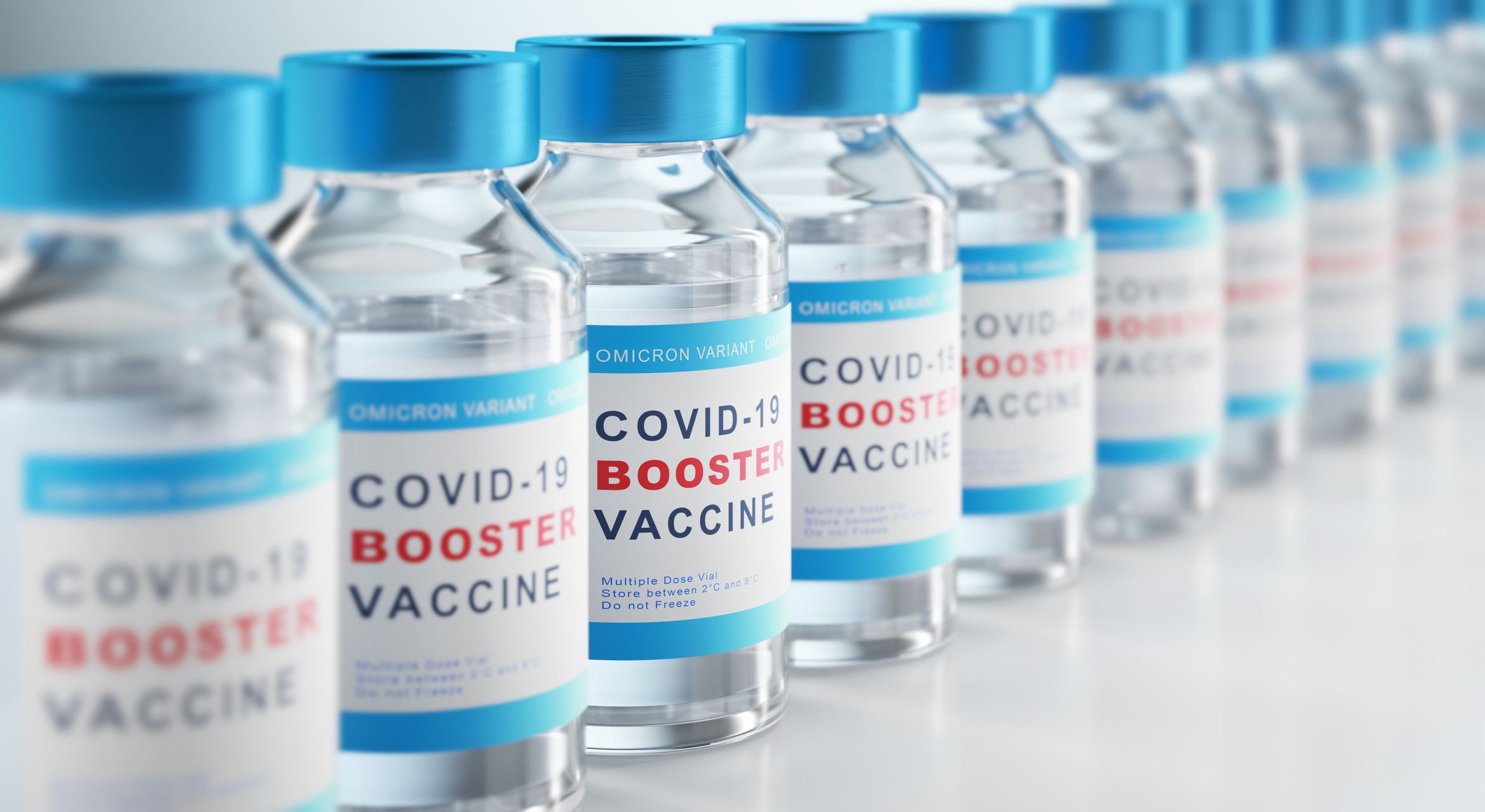There is a distinct autumn chill in the air these September mornings, and as we prepare for cooler weather and more time spent indoors, many people are scheduling their annual vaccines to help them stay healthy during cold and flu season. The United States Food and Drug Administration recently approved two new COVID-19 booster vaccines that target the recent omicron strain that is advised to be included in seasonal booster protection.
According to NPR Health News, the Centers for Disease Control and Prevention recommends the updated COVID-19 vaccination for everyone 6 months and older to “better protect you and your loved ones”. The new shots should become available by the end of this week, and although they are not free, most insurances will cover the cost and the federal government will provide no-cost shots for the uninsured.
Although newer variants have emerged following the XBB1.5 strain targeted by the new vaccine, research suggests that the formulation should provide good protection against serious illness, hospitalization, and death. The booster shots can improve immunity from prior vaccinations and COVID-19 illness.
The new vaccine is expected to boost immunity within about two weeks after receiving a shot, and last for several months. If you do get sick, the booster should make it more likely that you will have a mild case of COVID-19. Depending on your underlying health conditions, the booster should also protect against severe illness and hospitalization. Adults over 65, and those with a compromised immune system should not hesitate to receive their booster this fall, according to the CDC. Boosters should be given at least two months after the last vaccination or infection.
Timing boosters before a significant holiday or travel plans that put you at higher risk is also advised. Getting a new COVID-19 vaccine a few weeks before a large Thanksgiving gathering offers protection from serious illness. Talk with your doctor if you have any questions about if, and when, you should get the latest vaccine, and if it should be administered in conjunction with other seasonal vaccines like the flu or respiratory syncytial virus.
Health Canada also recently authorized the Moderna (MRNA.O) COVID-19 vaccine targeting the omicron sub-variant, according to Reuters. All Canadians over the age of 6 months are urged to get their boosters as the country is experiencing a surge in the number of COVID-19 hospitalizations. Anyone who has not received a vaccine or booster dose within the last 6 months should have one, and anyone over the age of 5 should receive at least one dose of the Moderna vaccine, regardless of their COVID-19 vaccine history.






Add Your Voice
0 Comments
Join the Discussion